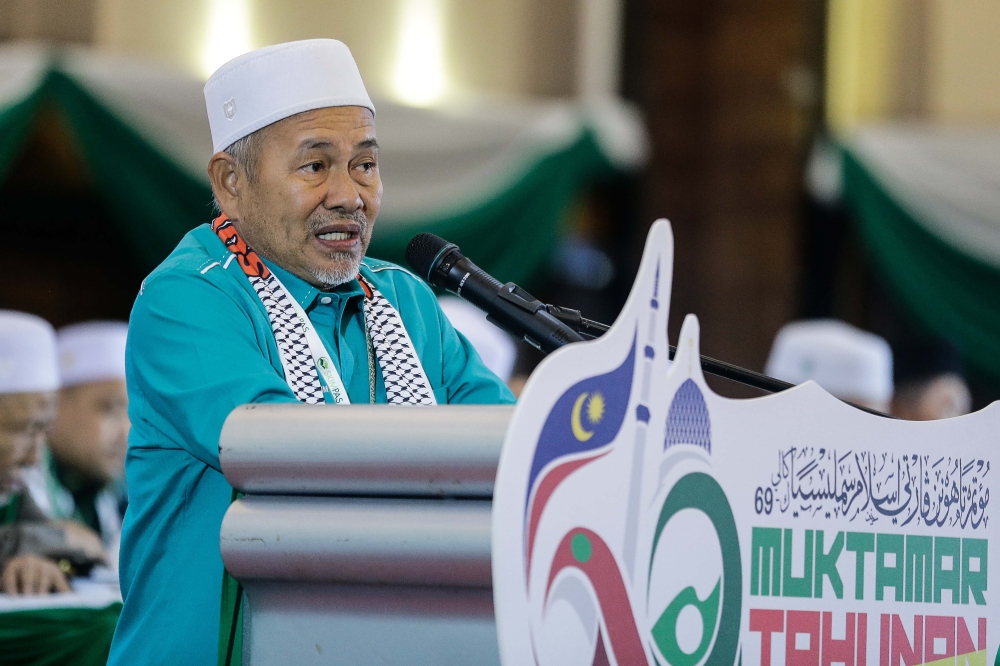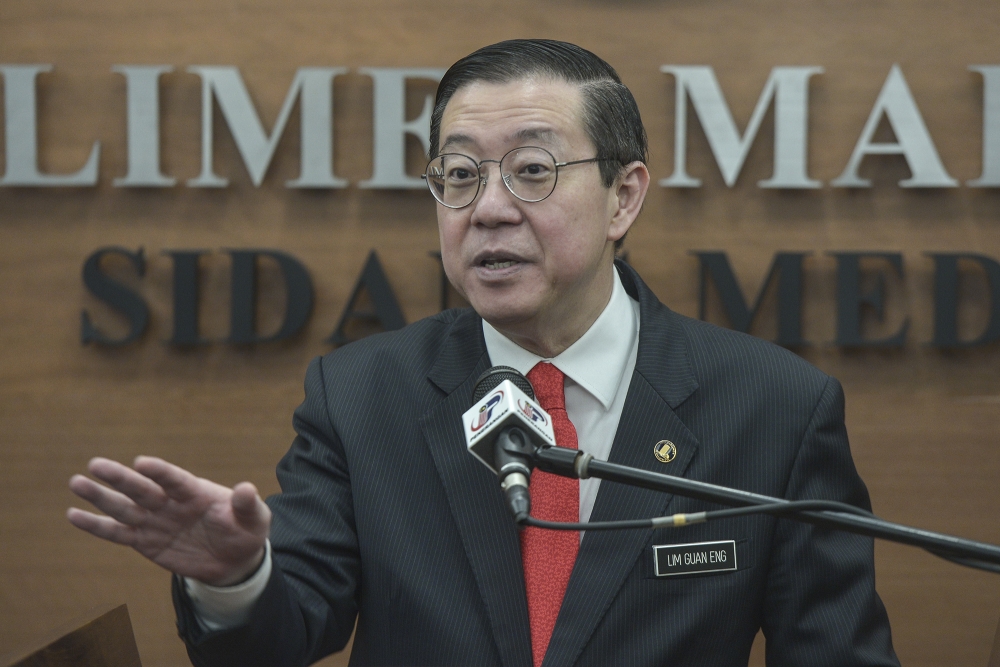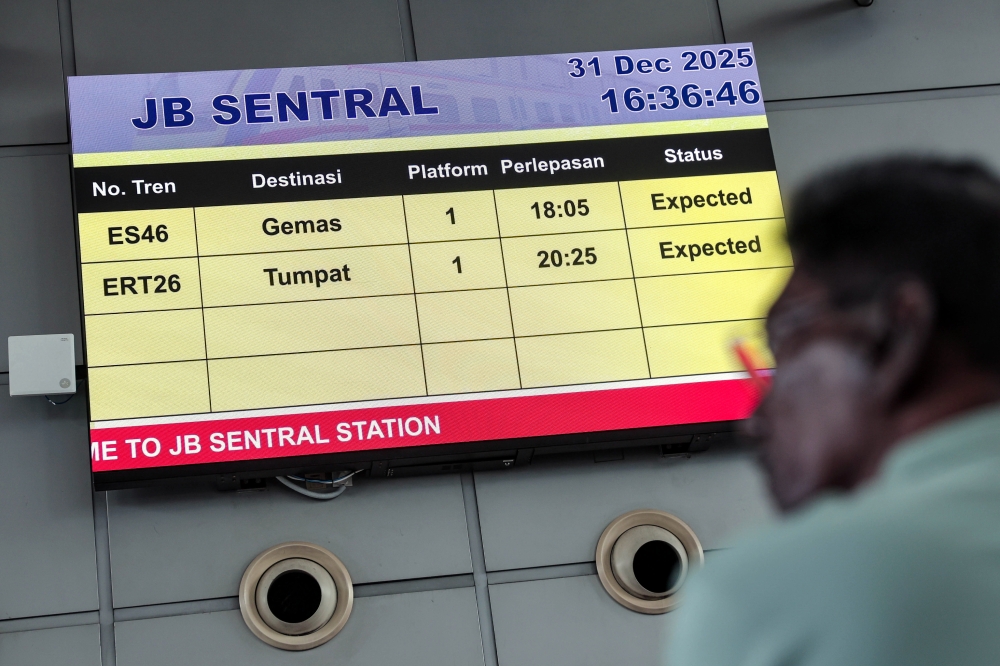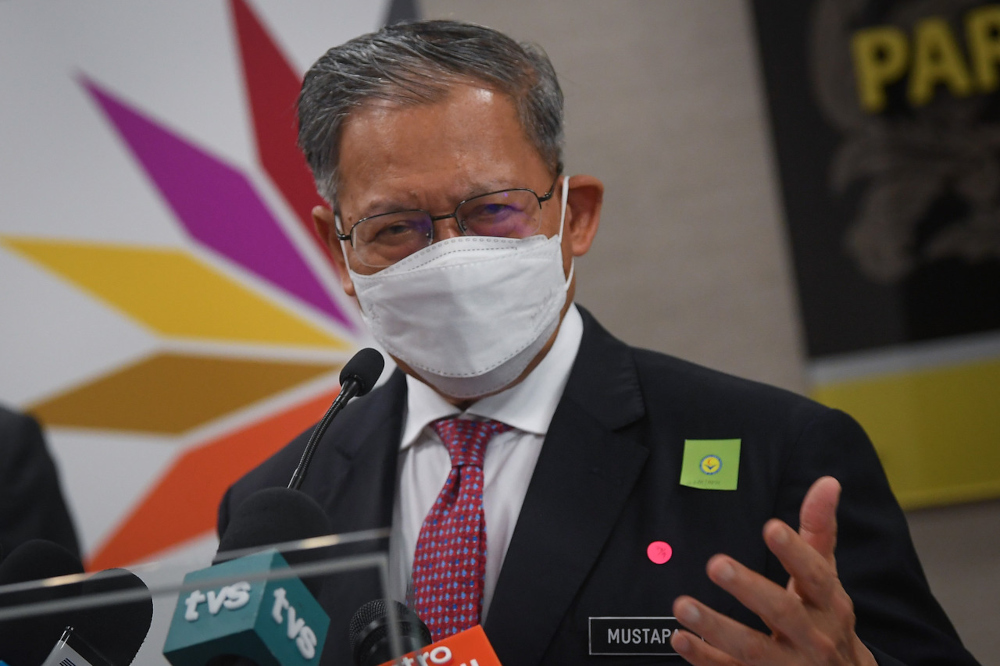KUALA LUMPUR, Jan 17 — The Malaysia Census 2020 (MyCensus) has recorded the oldest man and woman in the country to be aged 120 and 118 respectively, minister Datuk Seri Mustapa Mohamed said today.
Mustapa, who is minister in the Prime Minister’s Department (Economy), was sharing the preliminary data from the MyCensus — which was held over 482 days and which ended October 31, 2021 — with 8.1 million households and 9.5 million residences enumerated.
Mustapa said the early findings of the census involve 32.3 million people with 29.6 million being Malaysians and 2.7 million being non-citizens.
Out of the 32.3 million persons who were part of the census, 57.3 per cent or 17 million are of Malay ethnicity, while 22.9 per cent or 6.8 million are of Chinese ethnicity, 12.4 per cent or 3.7 million are others in the Bumiputera category, 6.6 per cent or 1.9 million are of Indian ethnicity, and 0.8 per cent or 237,700 are of other ethnicities.
In terms of age, the majority or 69.1 per cent of the population are of working age or 15 to 64 years old, while 25.6 per cent are children aged up to 14 years old, and 5.3 per cent are those aged 65 and above.
In comparing the MyCensus 2020 findings with the census carried out for 2010, the minister said the average size of household members had reduced from 4.3 in 2010 to four in 2020, while the current ratio of male to female in the country is at 106 to 100.
Mustapa also said the finalised data from the 2020 census would be issued in reports in stages from next month until 2024, with the first publication to be the preliminary findings.
The preliminary findings of MyCensus 2020 are expected to be published next month, and are expected to contain the latest population profile and demographics according to state and down to the district level.
Mustapa noted that the 2020 census data would enable more holistic studies regarding the income distribution, household income, disparity in terms of income, basic necessities and migration that cause the youth to leave for the cities and the impact on the economic sector such as small and medium enterprises.
He also thanked Malaysians for their cooperation in the census, noting that such statistics can help the government in making plans, especially in facing crises.
Separately, Chief Statistician Malaysia and Census Commissioner Datuk Seri Dr Mohd Uzir Mahidin in a statement today said that more than 1,000 reports of the 2020 census are expected, and that these reports would cover all the states and Federal Territories, 160 districts, 222 parliamentary constituencies and 600 state constituencies.
Today, Mustapa also said that DoSM is currently strengthening the National Statistics System, and that the National Statistics and Data Council chaired by the prime minister had been set up for this purpose and will hold its first meeting on January 27.
Mustapa also said that big data and the availability of technology has led to new innovations and given both government and private agencies the opportunity to improve the quality of services provided to the public.
“To meet this need, the National Big Data Analytics Centre (NBDAC) has to be established to support the government’s intentions of ensuring that each plan and decision is based on data analytics, in line with digital initiatives and the Fourth Industrial Revolution (4IR),” the minister said.
He added that NBDAC would enable information to be processed quickly and accurately in real time, and that decisions could then be made quickly, precisely and effectively.



















